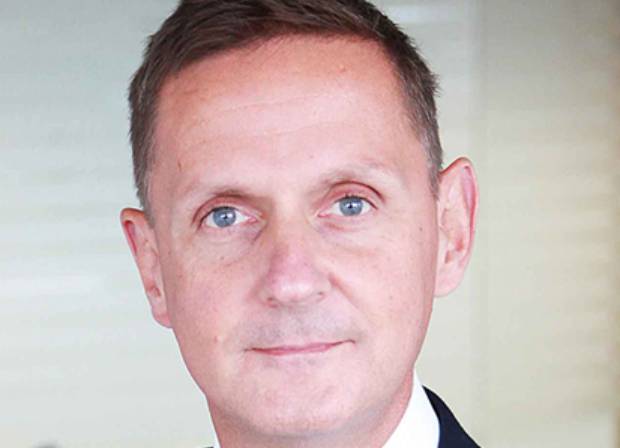
The coronavirus pandemic has set a new direction for our Thriving at Work journey. A journey that started with wanting to end the silence around mental health is responding to a global health crisis that everyone is talking about.
Across the Civil Service, approximately 445,000 people, we are working together to manage the emergency, keep serving the public, maintain necessary corporate functions, and support the government and stakeholders.
As we adapt to the new working environment as civil servants, we are living through it as people – an unprecedented challenge that touches all aspects of our lives and emphasises the importance of flexibility, inclusion, fairness and good line management in juggling work and personal commitments.
This new way of working recognises different needs, lifestyles and working patterns; adopting smarter working to be at our optimum level to get through this and avoid burnout. Our progress over the past three years in breaking the mental health stigma has made it easier to discuss the emotional impact and what support people need to get through this difficult time.
Large-scale thinking for individual impact
While we are one Civil Service, our organisations differ in size and responsibilities and face unique challenges in delivering public services during a pandemic. It was our collective talent and expertise that enabled HR, IT, finance, legal, operations and security to collaborate with teams and professions to make the shift to remote working and support colleagues in frontline and customer-facing roles.
The relationships and connections made within organisations and across government enabled the sharing of best practice to help us make the logistical, technological and practical changes to stay safe, follow the coronavirus guidance and do our jobs.
Recognition and thank you
Our people policies were redesigned, wellbeing toolkits were shared and line managers put this guidance into practice. Video-conferencing enabled collaboration and new connections to be made, and staff networks supported their members. This has helped to create a culture where people feel empowered to look after their health and wellbeing and reach out for help when they are struggling.
It was about helping people who suddenly had to home-school their children, self-isolate, or care for loved ones. There are people sharing personal workspaces with partners, waiting for specialist equipment, and taking on different work to support the Civil Service response.
This response also depends on having some civil servants in the workplace. They work in prisons, guard our borders, maintain our health and social services, support jobseekers and those in need. They manage communications, contingencies, IT and perform pioneering work in tackling this virus.
Tracking our progress
Accountability and transparency have been fundamental in our Thriving at Work journey. Against the pressures of a pandemic, this real-time benchmarking of our health and wellbeing strategy can provide meaningful insights on how we look after ourselves and each other and respond to this situation as it unfolds.
To increase our understanding of how people feel and what support they need, the experience, emotions and reactions will be captured in our Health & Wellbeing Dashboard. This includes management and peer relationships, always-on techno-stress, financial worries, loneliness and mental health and musculoskeletal conditions.
We will emerge from this crisis, using data to inform our decision-making, communications and learning. We will learn from what has and hasn’t worked over this period, and from the lived experiences of our people. It is their professionalism, expertise, resilience and kindness that make us a world-class Civil Service.
The UK Civil Service achieved the Thriving at Work standards to better support all employees, including those with mental health problems to remain in and thrive through work, and has signed up to The Mental Health at Work Commitment to make a genuine longer-term positive impact on employee wellbeing.
Find out more in the Health & Wellbeing section of the Civil Service blog.

1 comment
Comment by Gavin Thomas posted on
Thank you Jonathan for your continued support as the Civil Service Health and Wellbeing Champion.
As the Chair of the Foreign and Commonwealth Office Wellbeing Network, I have observed a significant change in the way in which Wellbeing and Mental Health is now viewed both within and outside of the workplace.
I would agree with you that much work has been done to break the Stigma attached to Mental Health and that colleagues are now feeling empowered to talk about how they are truly feeling and reach out for help.
Stephen Fry, Alastair Campbell, Clarke Carlisle and Frankie Bridge talking openly about their personal experiences has certainly helped to normalise the conversation.
I have been extremely encouraged during the Covid-19 lockdown the way in which colleagues have look to offer guidance and support to those who have found it difficult to manage their mental health condition or adapt to the change in their daily routine. Their acts of kindness have sought to ensure that no one need suffer in silence.